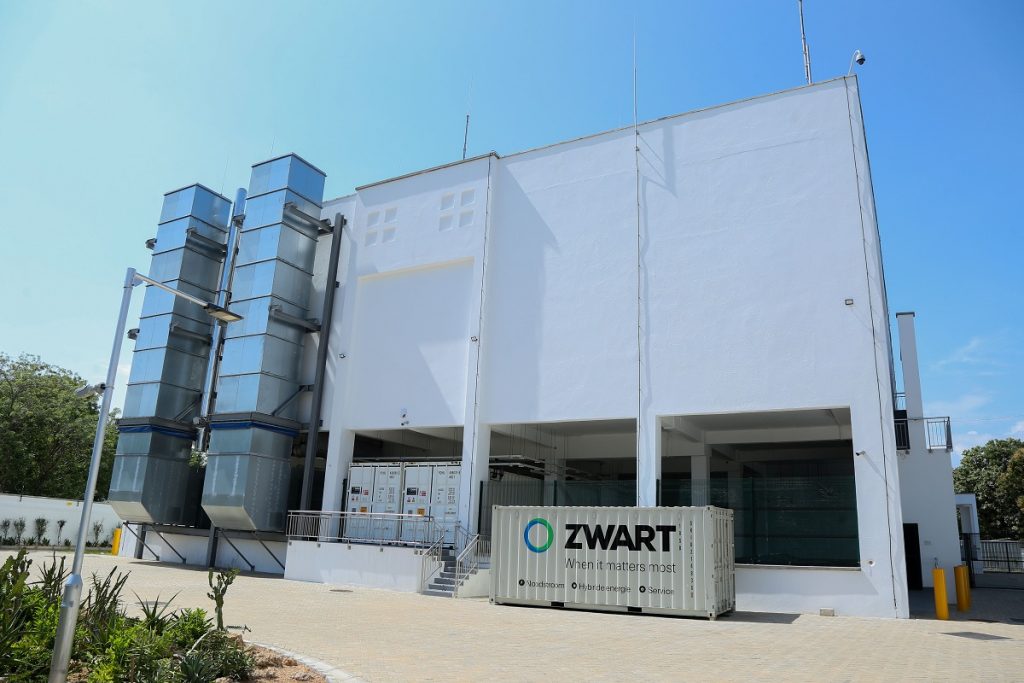In today’s world, data is the lifeblood of businesses and organizations. Every email, social media post, online transaction, and more generate vast amounts of data. To handle this data efficiently and securely, data centers play a pivotal role.
What Are Data Centers?
At its core, a data center is a dedicated facility designed to house and manage computer systems, servers, storage devices, networking equipment, and other components for processing, storing, and distributing data. Think of it as a nerve center for all the digital operations of an organization.
We do have a number of data center companies in Kenya including icolo among others.
How Do Data Centers Work?
Data centers work by providing a controlled environment that ensures the proper functioning and security of the critical IT infrastructure. Here’s a breakdown of how they work:
- Server Racks – Data centers house numerous server racks, each containing multiple servers. These servers are the workhorses that process and store data.
- Redundancy – To ensure high availability and minimize downtime, data centers employ redundancy in power, cooling, and network connections. This means that if one component fails, there is a backup in place to take over seamlessly.
- Cooling Systems – Servers generate a significant amount of heat, so data centers use advanced cooling systems to maintain the optimal temperature within the facility.
- Security – Security is a top priority. Data centers are equipped with security measures like biometric access control, surveillance cameras, and fire suppression systems to protect the infrastructure and data.
- Connectivity – Data centers are connected to the internet via high-speed, redundant network connections to ensure fast and reliable data access.
Advantages of Data Centers
Data centers offer several advantages, making them indispensable in the modern world:
- Reliability – With redundant systems and backup power supplies, data centers ensure data and applications are available 24/7, even during power outages.
- Scalability – Organizations can easily scale their IT infrastructure by adding more servers or storage within the data center as needed.
- Security – Data centers provide robust security measures to protect sensitive data from unauthorized access and physical threats.
- Cost Efficiency – By consolidating IT resources in a data center, organizations can optimize resource utilization, reduce hardware costs, and save on energy expenses.
- Remote Access – Data centers enable remote access to data and applications, facilitating remote work and disaster recovery.
The Role of Data Centers
Data centers serve various crucial roles:
- Data Storage – They store vast amounts of data, from business-critical information to personal files and media.
- Cloud Services – Many cloud service providers rely on data centers to deliver cloud computing and storage solutions to businesses and individuals.
- Content Delivery – Content delivery networks (CDNs) use data centers to distribute web content, ensuring fast loading times for websites and streaming services.
- Disaster Recovery – Data centers play a pivotal role in disaster recovery strategies, helping organizations quickly restore data and applications in case of emergencies.



